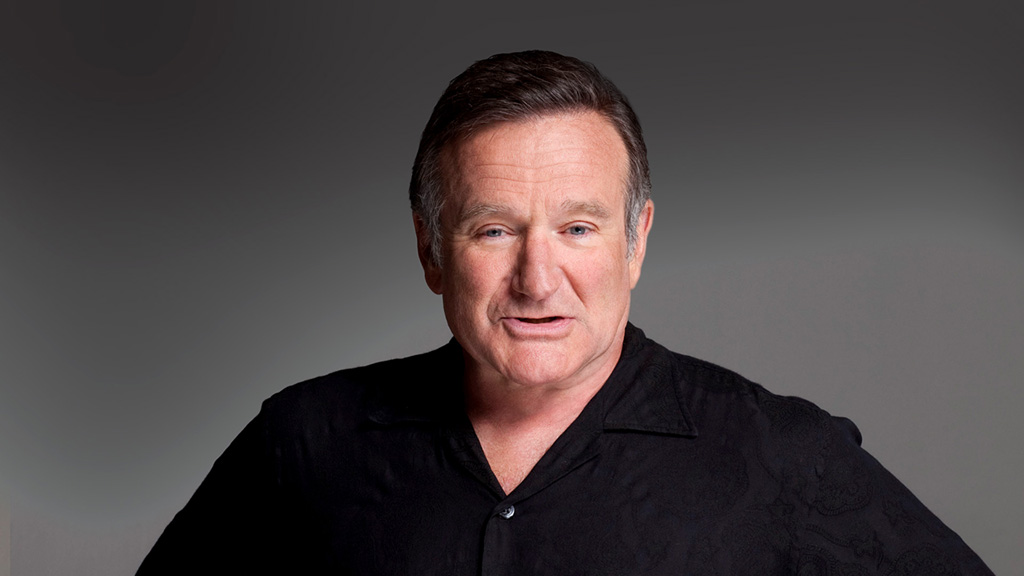
Hearing about the death of Robin Williams had a profound effect on me. As well as feeling huge sadness at the tragic loss of a wonderful actor, I also felt an overwhelming sense of helplessness.
The reality of his depression is painful to comprehend and even more painful to consider that his life may have been one that could have been saved. Perhaps things could have been different if only it was more socially acceptable to talk about mental health openly and honestly.
It then occurred to me that I have never been particularly open or honest with my experiences of mental health issues – does this make me part of the problem? I think it probably does.
I say none of this for sympathy. Even now, fewer things make me feel more uneasy than the thought of talking about this to anyone.
I’ve struggled with depression for three years now. It has had a profound effect on my education, my personal life and my work (including being on long term sickness absence on more than one occasion).
Although I have often convinced myself that my stubborn refusal to speak to my friends or even tell my family about my mental health problems is because it is nobody else’s business, I’d be lying if I said it wasn’t because a part of me was worried about what people might think about me or out of concern that people might look at me differently.
It makes my heart ache to think of the deep unhappiness Robin Williams, and the millions of others coping with mental health problems, must have felt when struggling with depression.
It is often the case that this sadness is accompanied by a profound sense of loneliness and isolation which is grossly exacerbated by the social taboo surrounding open and frank discussions about mental health.
When I considered this, it all of a sudden felt grossly inappropriate for me to contribute, through inaction, to the social taboo around discussing mental health.
As insignificant as this might be to the wider world, depression and anxiety are a very real part of my life. This admission is my own small offering in an attempt to make a contribution towards a solution to a serious problem which all too often has such tragic consequences.
As a society we are generally so understanding and accepting when our friend’s bodies and limbs break. It is time we make real and meaningful efforts to support and understand each other when our minds do too.



































